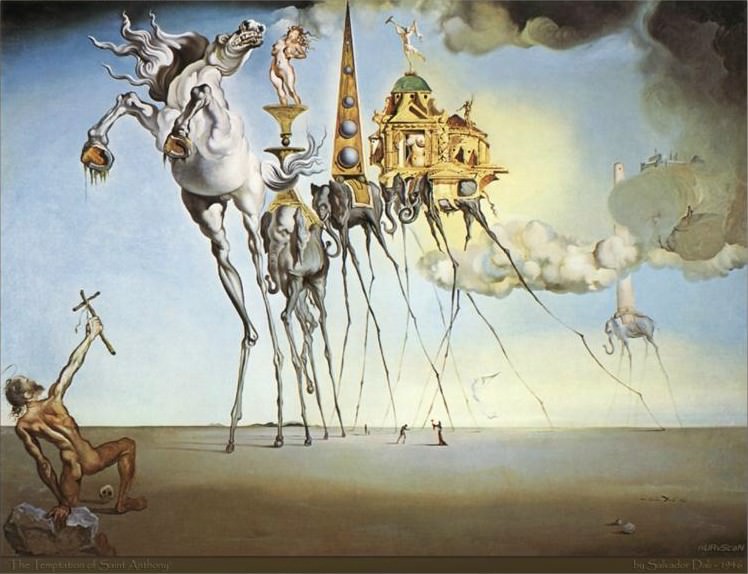Narrentanz movement inspirations
On waterFoucault, Michel. Madness and Civilization. Roudledge 1989
“…in Frankfort, in 1399, seamen were instructed to rid the city of a madman who walked the streets naked…” p. 6 “[Water] carries off, but it does more: it purifies. Navigation delivers man to the uncertainty of fate; on water, each of us is in the hands of his own destiny; every embarkation is, potentially, the last.” p. 8 “Confined on the ship, from which there is no escape, the madman is delivered to the river with its thousand arms, the sea with its thousand roads, to that great uncertainty external to everything. He is a prisoner in the midst of what is the freest, the openest of routes” p.9 “The melancholy of the English was easily explained by the influences of a maritime climate, cold, humidity, the instability of the weather; all those fine droplets of water that penetrated the channels and fibers of the human body and made it loose its firmness, predisposed it to madness” p. 10 |
|
ON TRUTH AND KNOWLEDGEFoucault, Michel. Madness and Civilization. Roudledge 1989
“[by the end of the middle ages] the character of the Madman, The Fool, or the Simpleton... is no longer simply a ridiculous and familiar silhouette in the wings: he stands center stage as the guardian of the truth… If folly leads each man into a blindness where he is lost, the madman, on the contrary, reminds each man of his truth”p.11 The times that brought Don Quixote... Imagination is the key, and only a few hold it... “(in art) At the beginning of the renaissance [animality] acquire a fantastic nature of its own. Impossible animals, issuing from a demented imagination, become the secret nature of man” p.18 The Temptation of St Anthony (a monk who in his solitude was tempted by madness) https://www.artsy.net/artwork/matthias-grunewald-the-temptation-of-saint-anthony There's many paintings on this subject. This one is less scary, but you can see how the man in the picture lives peacefully with an alternate reality. https://www.artsy.net/artwork/follower-of-hieronymus-bosch-the-temptation-of-saint-anthony “Madness fascinates, because it is knowledge. It is knowledge first because all these absurd figures are in reality elements of a difficult, hermetic, esoteric learning… The Saint Anthony who is temped by them is not a victim of the violence but of the much more insidious lure of curiosity… This knowledge, so inaccessible, so formidable, the Fool, in his innocent idiocy, already possesses." |
|
On Spectacle
|
Foucault, Michel. Madness and Civilization. Roudledge 1989
“As late as 1815, the Hospital of Bethlehem (England) exhibited lunatics for a penny, every Sunday… In France, the excursion to Bicêtre (a mental hospital) and the display of the insane, remained until the Revolution, one of the Sunday distractions for the left bank Bourgeoisie The only extenuation to be found at the end of the eighteen century was that the mad were allowed to exhibit the mad, as if it were the responsibility of madness to testify to its own nature” p.64 “Until the beginning of the nineteenth century, madmen remained monsters— that is, etymologically, beings of things to be shown" |
The Persecution and Assassination of Jean-Paul Marat as Performed by the Inmates of the Asylum of Charenton Under the Direction of the Marquis de Sade (or just Marat/Sade)
|
On Animality
|
Foucault, Michel. Madness and Civilization. Roudledge 1989
"Madness had become a thing to look at: no longer a monster inside oneself, but an animal with strange mechanisms, a bestiality from which man had long been suppressed... "I cannot conceive of man without thought: that would be a stone or a brute"" p.66 "Those chained to the cell walls were no longer men whose minds had wondered, but beasts prayed upon by natural frenzy: as if madness at its extreme point, freed from that moral unreason in which its most attenuated forms are enclosed, managed to rejoin, by a paroxysm of strength, the immediate violence of animality." p. 68 "...madness in its ultimate form is man in immediate relation to his animality, without any reference, without any recourse" p. 69 |
|
and this one just for fun |
|
